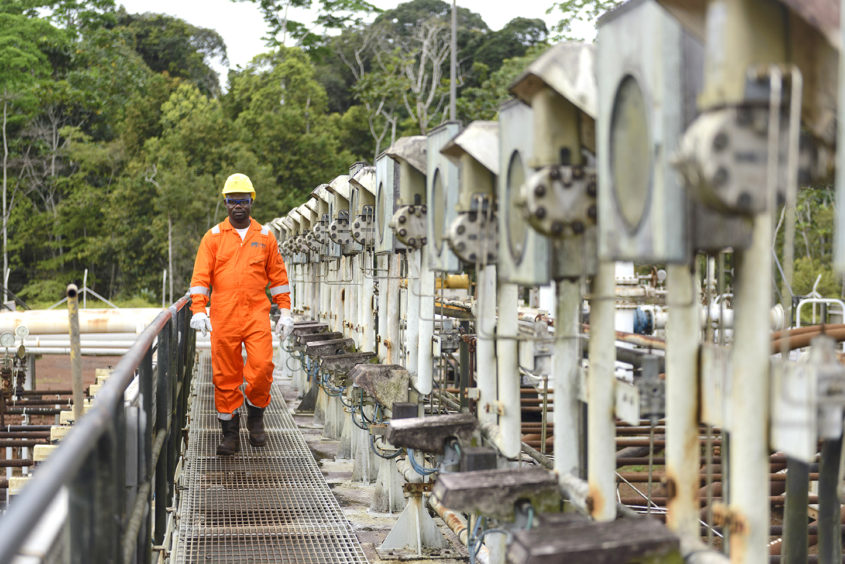
Independent oil and gas companies in Africa are facing an increasingly difficult time in accessing funding, buffeted by banks’ ESG concerns.
Bracewell’s managing partner in London Jason Fox said this was not new “but the noose is tightening quickly and ESG is the headwind. It’s not just the E that’s biting but also the G, for governance, with banks increasingly retreating from emerging markets because of additional risks, particularly concerns around corruption.”
Fox was talking during a media roundtable, the same day Italy’s UniCredit announced new targets reductions to lending in the oil and gas sector.
Funding not secured
For those E&P companies seeking financial support, the pool of capital is becoming increasingly constrained. Fox noted African banks, whether commercial development focused, were playing more of a role, while traders are also stepping up to secure resources through early financial support.
“A lot of the independents are cash rich, although more capital is being returned to shareholders,” Fox said. “Bond markets are playing a bigger role in the capital structure, helping fill some of the gap created by banks retreating. Vendor financing is increasingly a part of the picture in oil and gas M&A.”
Afreximbank and African Development Bank (AfDB) are involved in “nearly every deal” with an independent, the Bracewell lawyer said.
The new strain of financing may see some changes in what projects secure funding. The main focus for states will continue to be upstream oil and gas plans, as these account for a higher share of revenue to the government than other options.
Local banks are “absolutely” more likely to be open to local political needs than foreign banks, Fox said.
“I don’t see international lenders having more appetite or less caution for other parts of the energy value chain if they involve indigenous companies onshore. Those concerns are not going to go away.”
Global squeeze
The problems are not unique to Africa’s E&P sector. The Bracewell partner noted banks had “their fingers burnt” in the US shale sector. As such, they have been slow to step up support, despite higher energy prices.
“Whether the energy transition accelerates or not, the world will be more reliant on OPEC+ and the Middle East in particular,” Fox said.
UniCredit said today it would reduce its scope 3 financed emissions by 29%. It is using its 2021 financed emissions, of 21.4 million tonnes of CO2e, as a baseline. The bank has also ruled out supporting new oil and gas work in the Arctic “and all new explorations and expansions of oil reserves”.
The UniCredit statement follows a similar move by BNP Paribas. The latter bank said it would reduce financing for oil by 80% by 2030 and gas by 30%. BNP said it its current outstanding financing for oil production is 5 billion euros ($5.44bn), which it will reduce to 1bn euros ($1.09bn).
UniCredit reported its oil and gas drawn balance was 7.8bn euros ($8.48bn).

 © Supplied by Bracewell
© Supplied by Bracewell